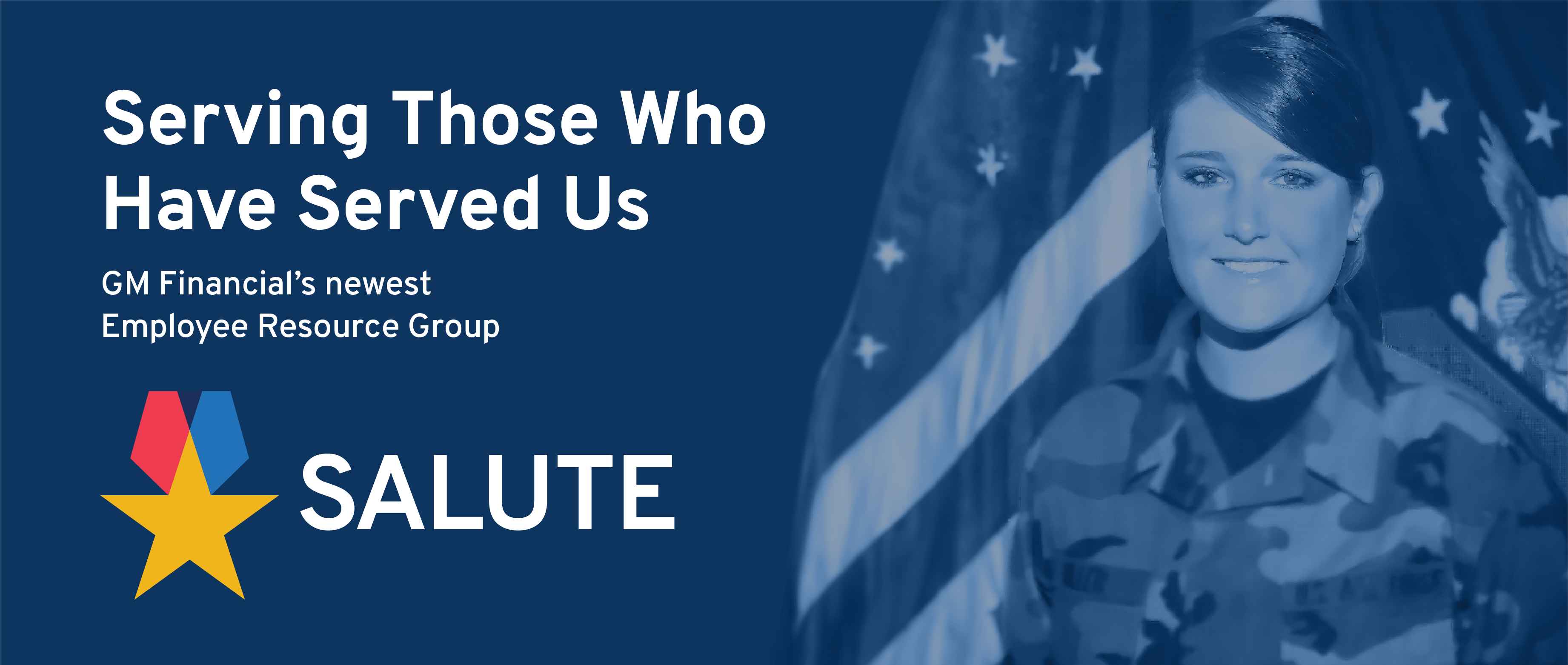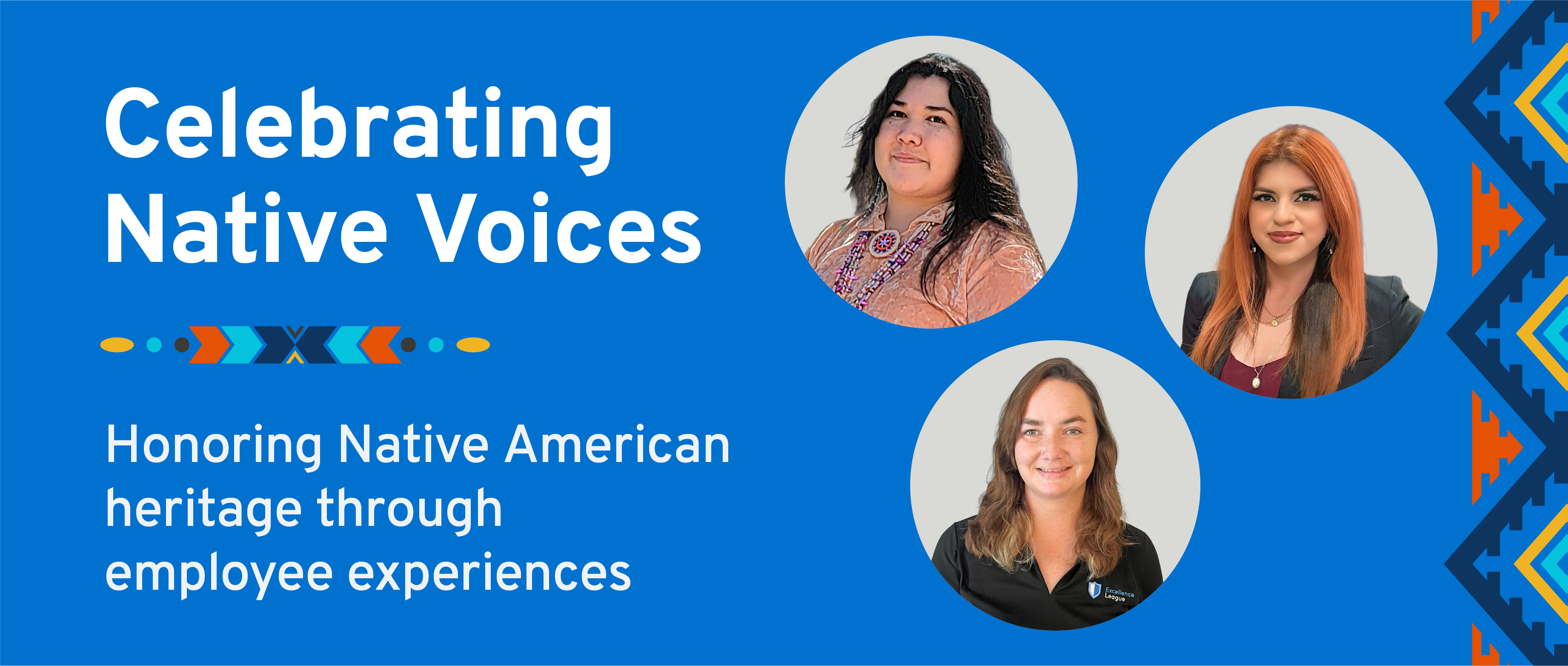
GM Financial and HBCUs: A Mutually Beneficial Partnership
By Sonny Bohanan / 01/24/2024 / Diversity, Equity & Inclusion
Editor’s note: This article was originally shared on GM Financial’s internal employee website.
GM Financial has developed partnerships with several Historically Black Colleges and Universities (HBCUs), allowing the company to attract top talent and helping professionals of color gain a foothold in the auto finance industry.
Black History Month is a perfect time to highlight these partnerships. Black History Month is observed each February to celebrate the history and accomplishments of African Americans, and HBCUs have been contributing to those achievements since the early 19th century.
HBCUs were established to provide college educations and leadership opportunities to people of African descent who were barred from existing colleges and universities because of segregation. Today in the U.S., there are 101 HBCUs and Predominantly Black Institutions (or PBIs, as schools established after 1964 are called).
HBCUs continue to serve students who are of African descent and/or first generation or low income. Almost 90% of the schools are in the southern United States.
“GM Financial made a commitment in 2018 to the Congressional Black Caucus to provide internship and career opportunities for HBCU students and to help support those institutions of higher learning,” said Rod Hooker, Assistant Vice President of Diversity, Equity and Inclusion.
The company already has a number of leaders and team members who graduated from HBCUs (see below for interviews with six of them). The DE&I team also created the Sophomore Leadership Intern Program (SLIP) in 2021. SLIP fosters relationships with a diverse group of undergraduates, including students from HBCUs and Hispanic-Serving Institutions (HSIs).
The eight-week summer internship program is part of GM Financial’s participation in the HBCU Partnership Challenge. SLIP promotes corporate engagement, develops new career possibilities for students and improves diversity, equity and inclusion across the auto finance industry.
“For students who may not be familiar with the auto finance industry or the automakers, we are creating more visibility for the GM Financial and General Motors brands and the industry overall,” Rod said.
In its first three summers, SLIP has sponsored 11 interns, and the program will sponsor seven more this year.
In Texas, the company partners primarily with Texas Southern University and Prairie View A&M University. GM Financial team members attend the schools’ recruitment events and career fairs and give presentations in classrooms and for student organizations to build relationships with the students and faculty.
The company also has partnerships with Grambling State University in Louisiana, Jackson State University in Mississippi and Howard University in Washington, D.C.
“Hiring diverse team members has a number of documented benefits for our employees, customers, dealers and communities,” said Shunda Robinson, Senior Vice President and Chief Diversity, Equity and Inclusion Officer.
Companies in the top quartile for both gender and ethnic diversity are 12% more likely to outperform all other companies in the data set, according to McKinsey’s report Diversity Wins: How Inclusion Matters (2020). And companies in the top quartile of ethnic and cultural diversity outperformed those in the fourth by 36% in terms of profitability, the report states.
“At GM Financial, we’ve worked hard through the years to ensure that our workforce reflects the communities we serve,” Shunda said. “We recognize the important contributions of African American team members to our company’s continued success.”
HBCU graduates in their own words
Six GM Financial leaders and team members discuss the benefits of attending Historically Black Colleges and Universities (HBCUs) and what influenced their choice of school.
Terricka Brooks, Assistant Vice President, Enabling Project Administration
- Time with GMF: 8 years
- HBCU: Dillard University, New Orleans, Louisiana
- Why did you choose to attend an HBCU? I knew I wanted a college experience that would allow me to show up fully as a young Black woman eager to learn and serve. I grew up watching shows like “A Different World.” They exhibited college life from the eyes of people of color, and I couldn’t imagine any other experience for myself. I always tell people that Dillard chose me, as I was selected to attend a summer program before my senior year in high school. I spent six weeks living on campus and going to classes like an actual college student. They offered full scholarships to five of the 30 students, and when I received one, I knew I was headed to New Orleans for college.
- Benefits of attending an HBCU: The biggest benefit of going to an HBCU has been the rich legacy I have been a part of and the lifelong relationships I’ve gained. My friends from college are still my closest friends today. From my lifelong commitment to service through my sorority, going back for homecoming, donating my time and resources to current programs and students, and even receiving recent awards from Dillard as an alumna, the HBCU experience didn’t end at graduation. I’m grateful to be a part of Dillard’s legacy.
Robert Wall, Vice President of Global Real Estate and Facilities
- Time with GMF: 4½ years
- HBCU: Morehouse College, Atlanta, Georgia
- Why did you choose to attend an HBCU? I’m from Jackson, Mississippi. My parents and most of the college graduates in my family went to Jackson State University, so going to an HBCU was more of an expectation. In the fourth grade, I wrote an essay on Martin Luther King Jr. for a contest. In preparation, my mother made me read about his life. I learned about Morehouse and the great leaders, scholars and theologians who went there and the influence they had on King’s life. I knew then that I wanted to be a Morehouse man. I received scholarships to other schools, but didn’t really consider them once I received my acceptance letter from Morehouse.
- Benefits of attending an HBCU: I learned self-confidence, humility, tenacity and perseverance. At Morehouse, there is an expectation of academic, professional, emotional and spiritual success, regardless of who you are or where you come from. Those expectations have taken me on a journey of more than 20 years, from a night shift supervisor at a small nonprofit to where I am today at GM Financial.
Ken White, Assistant Vice President of Environmental Health, Safety and Sustainability
- Time with GMF: 6 years
- HBCU: Alcorn State University, Lorman, Mississippi; and Jackson State University, Jackson, Mississippi (graduated from both)
- Why did you choose to attend an HBCU? I was attracted to the culture. HBCUs seemed to match my values, and they were a clear choice for my academic goals.
- Benefits of attending an HBCU: I was exposed to a lot of minority professionals, both at the university and in business settings, who I may not have been exposed to otherwise. I had access to mentors and role models who may not have been readily available within another university system. In addition, for me and many others, HBCUs are often more affordable.
Mike W. Jones, Assistant Vice President of Strategic Sales - National Alliances
- Time with GMF: 12 years
- HBCU: Langston University, Langston, Oklahoma
- Why did you choose to attend an HBCU? My father passed away during my last year of high school, and I had family living in Oklahoma City who provided support as needed throughout my time at Langston.
- Benefits of attending an HBCU: For me, the biggest benefits were the real-world preparation by participating in the National Association of Black Accountants, the network of lifelong friends that I established, support from professors who were the same as family and an increase in self-pride.
Erica Robinson, Senior Project Manager, Enabling Services
- Time with GMF: 9 years
- HBCU: Prairie View A&M University, Prairie View, Texas
- Why did you choose to attend an HBCU? I am a proud third-generation graduate of Prairie View A&M University. My parents and both sets of grandparents attended Prairie View. I was all set to attend Stephen F. Austin State University, and my dad asked me, “Are you sure you want to go there?” I thought about it overnight and told my dad the next day that I had changed my mind and wanted to attend Prairie View after all. The legacy and rich family history were hard to pass on. No looking back and no regrets.
- Benefits of attending an HBCU: I wanted a campus climate that fostered success. I wanted a college experience surrounded by many people with similar backgrounds and cultural experiences as myself. I was able to experience a unique community of support and understanding among faculty and fellow students. I found that there are many other benefits of attending an HBCU, including diversity, scholarships, affordability, strong alumni networks and associations and learning about the Black diaspora.
Kyle Shelly, Public Policy Manager
- Time with GMF: 2 years
- HBCU: Southern University, New Orleans, Louisiana
- Why did you choose to attend an HBCU? I chose my HBCU for its profound legacy of empowering its students, cultivating a strong sense of identity and fostering a supportive community. My mother and my three siblings are HBCU graduates, so I grew up in an HBCU culture, immersed in tradition, pride and the commitment to community service. The rich cultural heritage, dedication to academic excellence and emphasis on inclusivity appealed to my desire for a unique and empowering educational experience. Additionally, I recognized the importance of contributing to and benefiting from an environment that celebrates diversity, social justice and leadership development.
- Benefits of attending an HBCU: Attending Southern University helped shape my identity while providing the tools to forge long-term relationships I continue to build professionally. The close-knit community and supportive faculty contributed to a holistic education that prepared me for academic, social and cultural success. My professors challenged me to meet their academic standards while always being aware of how my professional work can impact my community. Exposure to role models and Southern’s commitment to social justice shaped my perspective, values and aspirations.
By Sonny Bohanan, GM Financial
Sonny Bohanan is a writer who loves telling stories and has a special passion for writing about life events that help foster diversity, equity and inclusion. Libraries and used bookstores provide the ideal backdrop for Sonny’s penchant for reading and writing fiction.
Related Articles

Serving Those Who Have Served Us: Introducing Salute
GM Financial's newest Employee Resource Group seeks to truly honor our nation’s finest.
READ MORE
Celebrating Native Voices: Honoring Native American Heritage Through Employee Experiences
In honor of Native American Heritage Month, meet three GM Financial team members who are proudly representing their Navajo, Choctaw and Comanche heritage this November. Learn about their unique experiences and how they honor their tribes' past and present.
READ MORE